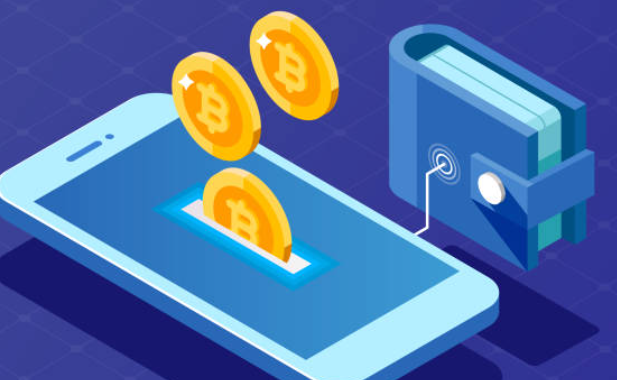Bitcoin, the world’s most popular cryptocurrency, has gained widespread recognition as a decentralized and secure digital currency. As the adoption of Bitcoin continues to grow, various payment methods have emerged to simplify the process of transacting with Bitcoin. In this article, we will provide an overview of different Bitcoin payment methods, making it easier for you to choose the one that suits your needs.
Wallet-to-Wallet Payments:
This method involves direct peer-to-peer transactions between Bitcoin wallets. It requires the sender to know the recipient’s Bitcoin address and involves manually entering the recipient’s address into the sender’s wallet. Wallet-to-wallet payments offer a high level of privacy and control over transactions.
QR Code Payments:
QR code payments simplify the process of sending Bitcoin by using a QR code scanner. The sender scans the recipient’s QR code, which contains the Bitcoin address, using a smartphone or a compatible device. The wallet automatically fills in the recipient’s address, making the transaction process faster and more convenient.
Payment Processors:
Payment processors act as intermediaries between merchants and customers, facilitating Bitcoin transactions. Merchants integrate payment processor services into their online stores, allowing customers to pay in Bitcoin. Payment processors handle the conversion of Bitcoin into fiat currency, providing merchants with a seamless payment experience.
Bitcoin Debit Cards:
Bitcoin debit cards bridge the gap between traditional payment systems and Bitcoin. These cards are linked to a Bitcoin wallet and can be used for everyday purchases, just like regular debit cards. When a transaction is made, Bitcoin is automatically converted into the local currency, allowing users to spend their Bitcoin anywhere that accepts debit cards.
Payment Gateways:
Payment gateways enable merchants to accept bitcoin payments on their websites. They provide a secure and user-friendly interface that integrates with online shopping carts. Payment gateways handle the conversion of Bitcoin into fiat currency and ensure a smooth payment process for customers.
Peer-to-Peer Exchanges:
Peer-to-peer exchanges connect buyers and sellers directly, allowing them to trade Bitcoin for traditional currencies or other cryptocurrencies. These exchanges act as intermediaries, providing escrow services to ensure secure transactions. Peer-to-peer exchanges offer flexibility and allow users to negotiate the terms of their trades.
Conclusion:
As Bitcoin continues to gain acceptance, the variety of payment methods available simplifies the process of transacting with Bitcoin. Whether you prefer wallet-to-wallet payments, QR code payments, payment processors, Bitcoin debit cards, payment gateways, or peer-to-peer exchanges, there is a method that suits your preferences and needs. Understanding the different Bitcoin payment methods empowers individuals and businesses to embrace the benefits of digital currency while enjoying seamless and convenient transactions.



